Inflammation is the body’s response to infection or injury. Although short-term inflammation can help your body heal and repair itself, chronic inflammation can cause long-term damage.
While anti-inflammatory medications can help control inflammation, they can cause side effects or may not always work. One natural and effective way to fight inflammation is consuming anti-inflammatory herbs that you may have readily available in your home. Here are 7 that you may want to consider.
1. Turmeric
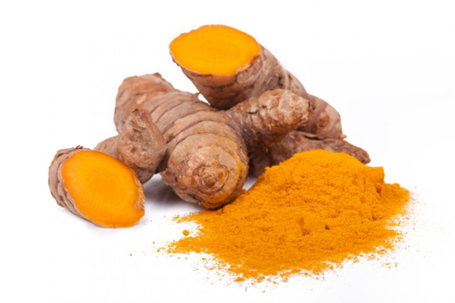
Turmeric usually comes in the form of a yellow powder and contains an anti-inflammatory agent called curcumin. It works by blocking the production of compounds called cytokines, which cause inflammation. In addition to powder form, turmeric is available as capsules, tablets, teas, pastes, and extracts. Depending on the intended use, the method of taking turmeric will vary.
2. Ginger
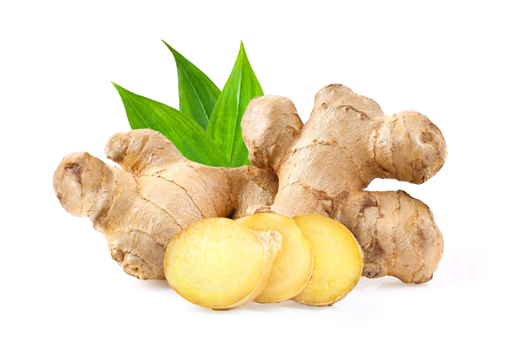
Ginger is a root that has been used in alternative medicine for centuries. Ginger is known to treat pain and inflammation by inhibiting the activation of genes that are associated with the inflammatory response. Certain compounds in ginger can also inhibit the production of cytokines and the activity of cyclooxygenase enzymes, which promote inflammation. Ginger can be consumed fresh or dried, as well as in tablets, capsules, and teas.
3. Green tea

Green tea has anti-inflammatory properties that are the basis of many of its health benefits. For instance, studies have shown that green tea could disrupt processes that cause inflammation in arthritis.
4. Chili peppers
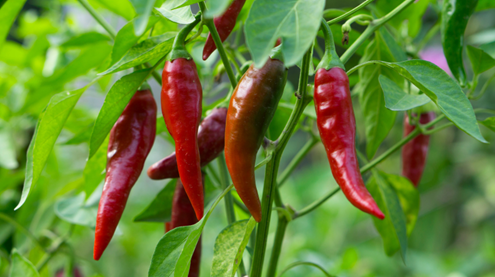
Capsaicin, the substance that gives chili peppers their heat, has also proven to have anti-inflammatory properties. Additionally, all chili peppers contain natural compounds called capsaicinoids that also help fight inflammation.
5. Black pepper
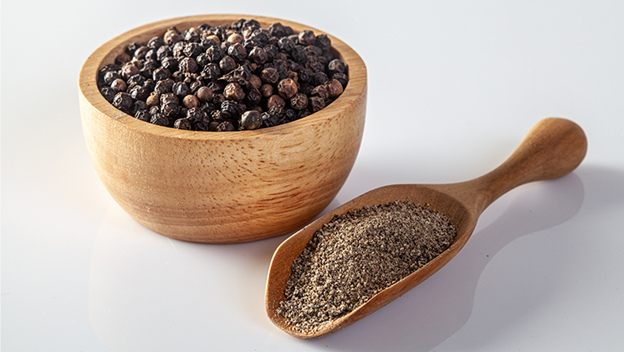
Black pepper is known for its antibacterial and anti-inflammatory benefits, which come from a chemical compound called piperine. Even consumed in small amounts, piperine has been shown to reduce early acute inflammatory processes. It is often used for its hepatoprotective properties.
6. Cloves
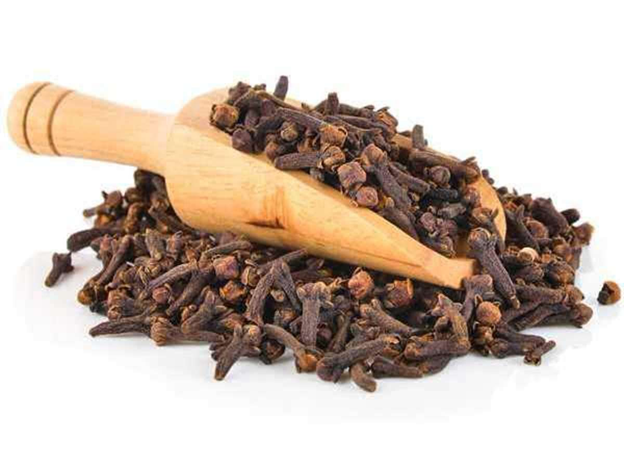
Cloves have been shown to decrease mouth and throat inflammation. Cloves can likewise be used to treat diarrhea, sickness, hernia, and bad breath. Powdered or whole dried buds can be used in both baking and cooking, and you can also add cloves to teas and juices.
7. Cinnamon
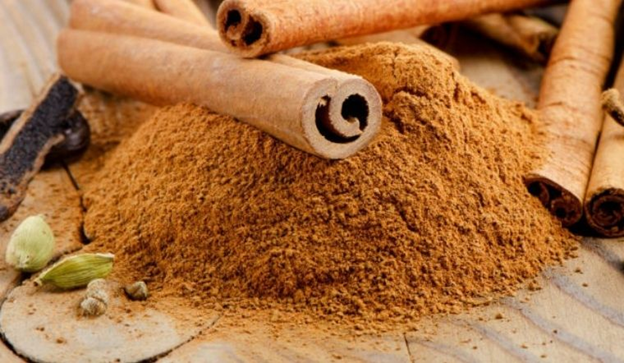
As well as being anti-inflammatory, cinnamon has been shown to have antioxidant, antidiabetic, antimicrobial, and anticancer properties. Cinnamon is also known to help boost metabolism. It can be added to breakfast cereals or sprinkled into your coffee or tea.
Source from @medicinenet






